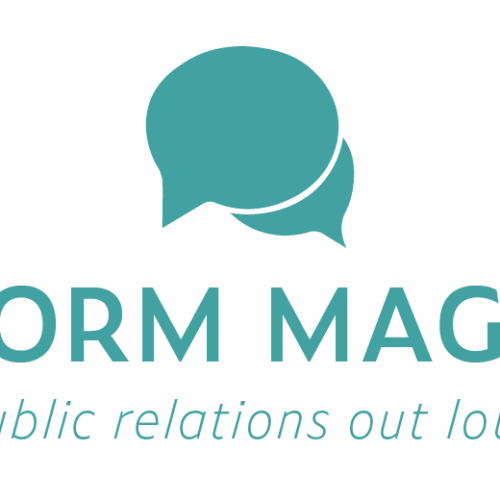Choose Your PR Path: In-House or Agency
Published on November 10, 2023, 5:43 p.m.
by Jillian Middleton.
One of the biggest decisions public relations professionals can make throughout their career is whether they want to work on an in-house team or work in a boutique or large agency setting.
Knowing the difference between agency and in-house work experiences is crucial for professionals when deciding which path to choose. Surprisingly, the two work together more than one may think.
The agency setting
Working in an agency is guaranteed to teach practitioners a wide range of skills that are valuable in the PR world. “Agencies taught me client management, influencer marketing, media relations, project management, time management, networking,

and all the tactical skills needed to thrive — from building a media list to crafting a story for press to drafting a press release to reporting,” claimed Michael Kaye in a PR Daily article.
An agency setting promises a diverse landscape of work. Having different clients ensures that no workday is the same. “Every day in the agency world, you’re presented with a new set of opportunities and challenges that keep you on your toes,” said Matt Pavlick, president at GRO Marketing Agency.
Agencies also offer specialization within an individual’s career. Whether one aspires to work in media, design, copywriting, strategy or creative media, there is room for capitalizing on one’s abilities and cultivating skills to become a more well-rounded professional.
Pavlick believes one of the foundational skills that PR professionals learn in an agency setting, which they wouldn’t learn in-house, is the ability to adapt.
“You have to be a chameleon,” Pavlick explained. “A lot of times when you’re in house, you are focused on one industry, one vertical — they usually have one type of target audience. When you’re on the agency side, you truly have to be a chameleon, so you can adapt to different environments, clients and their target audiences.”
In agency settings, PR professionals can expect a lot of opportunities. “You have fast upper mobility in an agency,” said Bill Todd, president and partner at o2ideas. “There are more opportunities for rapid advancement because in the agency world, people move around a lot, and that creates a lot of openings at the top.”
Career progress is more easily predicted when working for an agency, and leadership positions become available more often. If someone is looking to advance within a company, working for an agency might be the right fit for them.
The in-house team
Working on an in-house team also has its advantages. Alan Boardman, manager of advertising operations at Warner Bros. Discovery, said that even though positions may not open up as much working for a company as they might in an agency, there is still plenty of opportunity.
Boardman noted that “you have the ability to communicate what you’re interested in.” New ideas are always welcome, and when one has been with a company for years, it’s likely that respect will be earned when communicating with higher-ups.

The pace of workflow in house can also vary depending on the size of company. Marisa Rybar, former vice president of web and marketing operations for ZoomInfo, has learned this firsthand after working for a multitude of companies, including startups and Fortune 500s. “The bigger the company, the bigger kind of stress and pressure to perform,” she said.
“You usually have a fairly defined role, within a larger team,” Rybar said. When working in-house, a professional’s duties are clear and defined. Leaning on team members and collaborating to execute work are crucial in the in-house world.
A LinkedIn public relations article claimed, “In an in-house team, you are part of a stable, collaborative, and supportive environment, which can be relaxing and enjoyable, but also complacent and limiting. You need to be cooperative, committed, and respectful, as well as able to communicate and integrate with other departments and functions.”
The intersection of agency and in-house
Companies believe they have to rely on either an in-house team or an agency for their PR needs. But it doesn’t have to be like that.
Agencies can bring new ideas to in-house teams. People who work for agencies have dealt with everything because they’re working with multiple clients within the industry. In-house employees might have limited viewpoints due to their deep understanding of their organization, but agencies can help diversify the strategy being used when executing work.
“When an agency complements your in-house team, they’re there for you to lean on. If a person on your team gets pulled away for something else or is out of the office, an agency can fill that void to ensure you meet that hard deadline. The abundance of skills and time is there, so deadlines will be less likely to get pushed back,” said Kahl Orr, founder of Rise agency, in a Forbes article.
Take the leap
Luckily, PR professionals have a wide variety of corporations, agencies and industries for which they can choose to work. It can

be intimidating, and maybe even daunting when trying to decide where to work and what to do.
“Don’t be afraid to talk to people,” advised Pavlick. “Don’t be afraid to ask for internships, to ask for jobs. Go to networking events and talk to people.”
Aquire knowledge of the industry, ask all of the questions and don’t hesitate to take the first step through the door to in-house or agency work.




